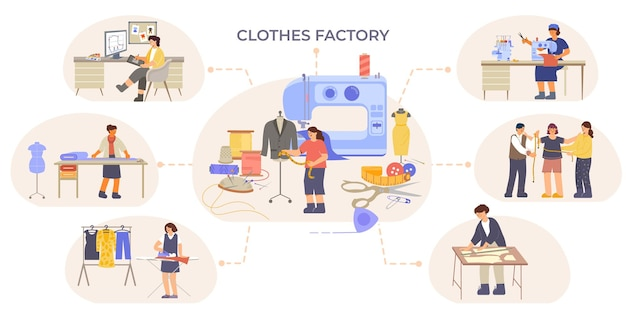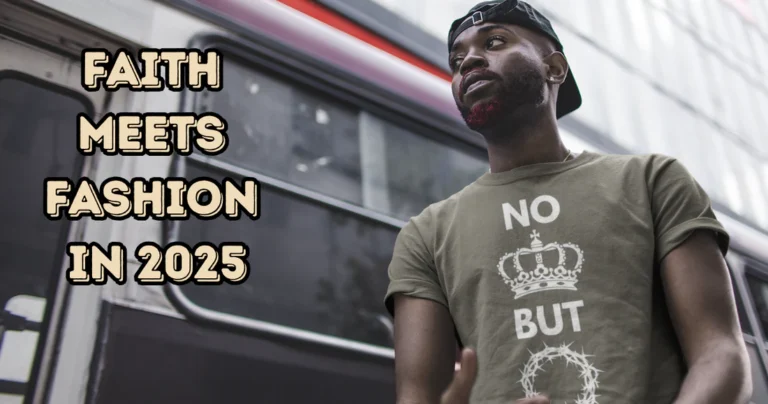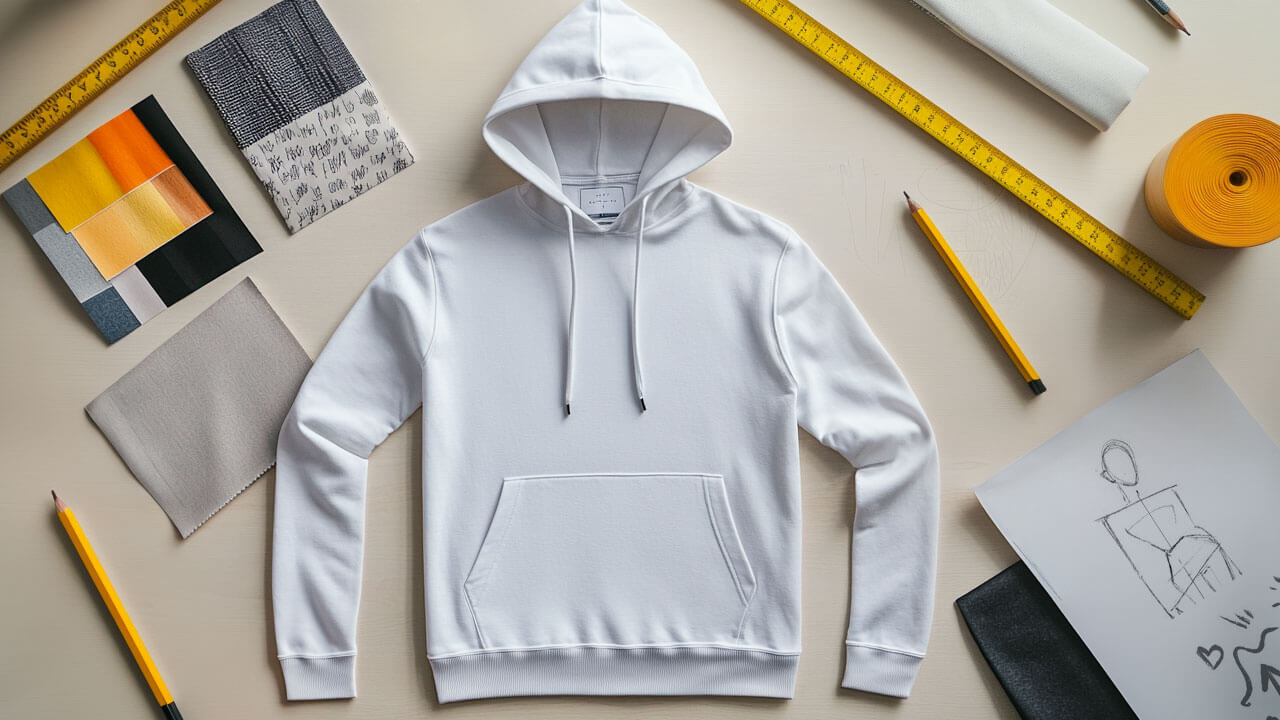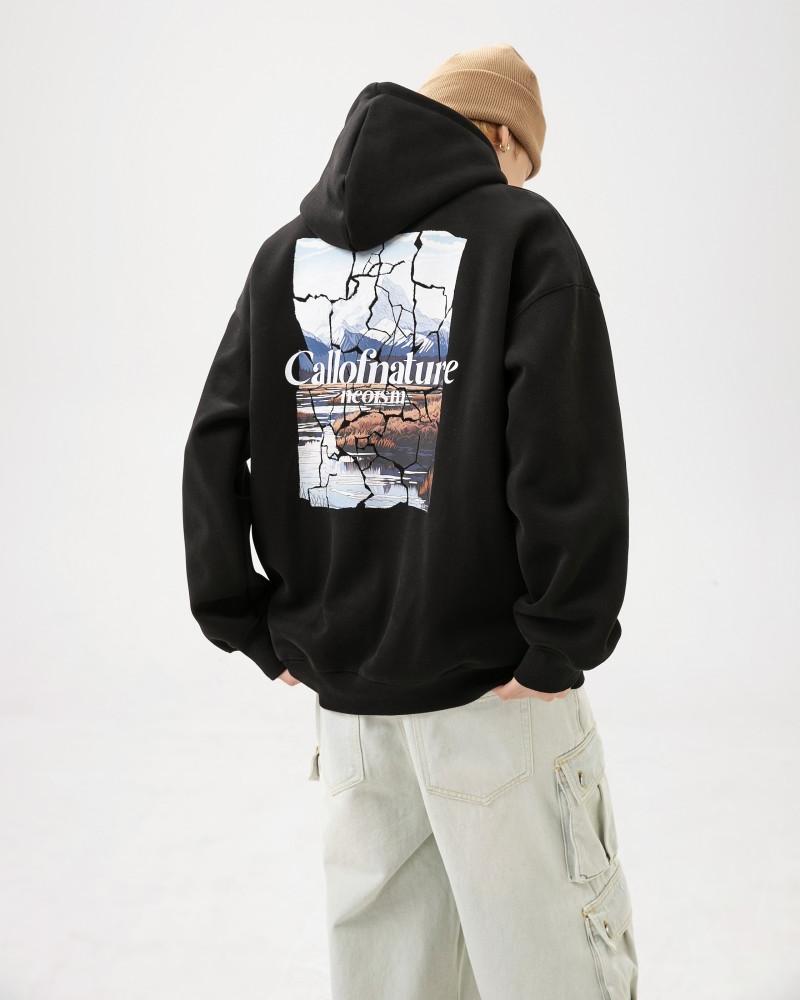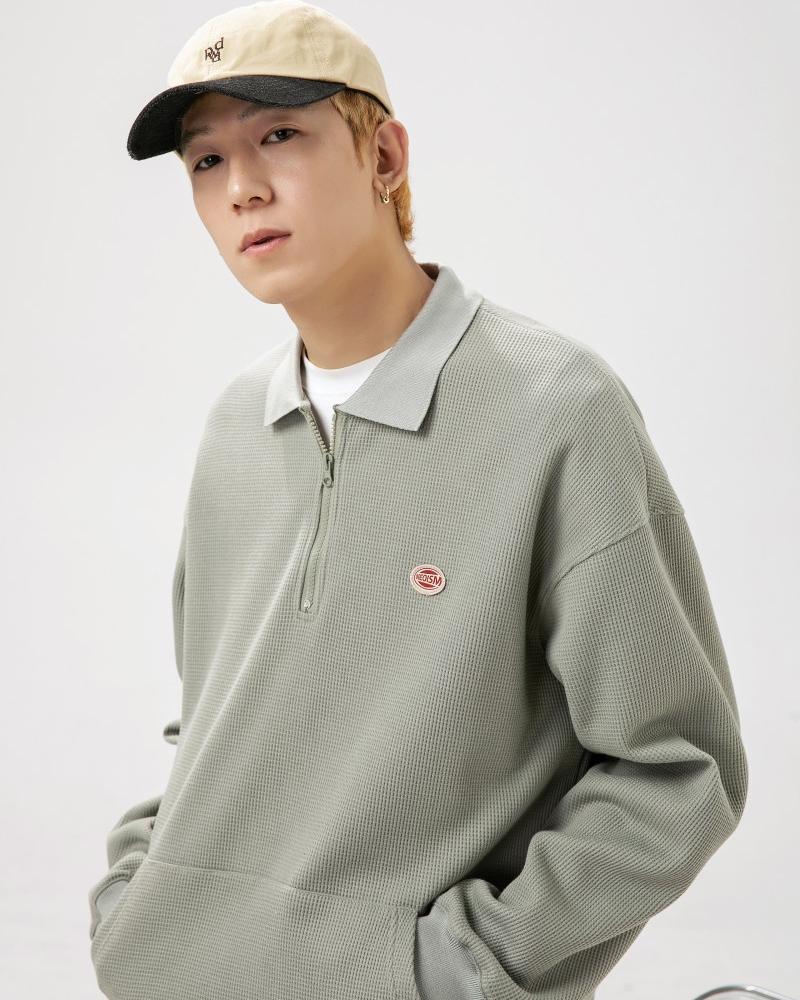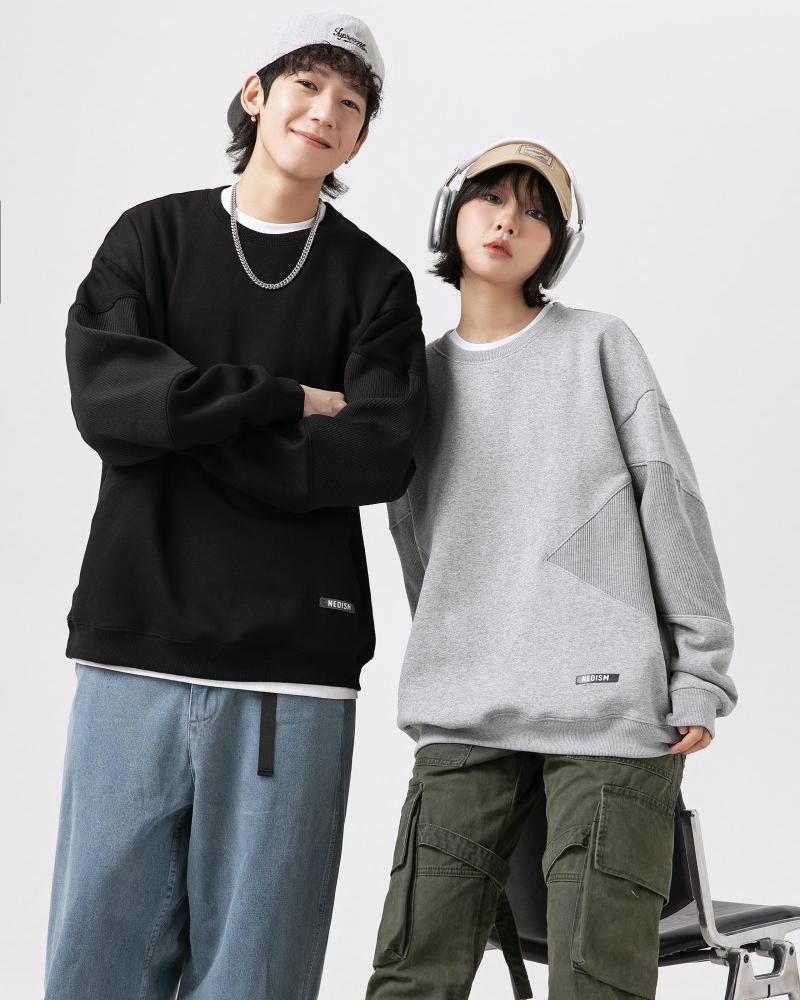-
No. 28, Zhanqian 1st Street, Liuhua Subdistrict, Yuexiu District, Guangzhou City
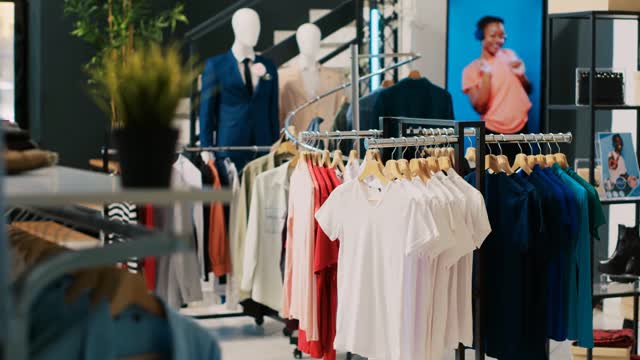
From factories to five-star reviews: How apparel manufacturers help growing brands win market trust
Table of Contents
Abstract
In today’s competitive apparel market, consumers are increasingly paying attention to brand transparency and product quality. Five-star reviews on platforms such as Trustpilot not only reflect product quality, but also reflect the overall values of the brand. This article explores how apparel manufacturers can help growing brands build market credibility through two core advantages: Excellent quality and Production flexibility. Through 10 key arguments and real cases, we will reveal why choosing the right manufacturer is the foundation for long-term brand success and how to avoid common ethical traps in the fast fashion industry.
1. The hidden costs of low-cost manufacturing
Argument: Low-cost clothing manufacturing often sacrifices workers’ rights and product quality, ultimately damaging brand reputation. Argument:
- Case: After a fast fashion brand was exposed for exploiting workers in the supply chain, its Trustpilot score dropped from 4.2 to 2.8.
- Data: According to the International Labor Organization report, the defect rate of low-cost factories is 35% higher than that of compliant factories.
- Industry status: 60% of consumers said that if they found that a brand used sweatshops, they would boycott it permanently (Fashion Transparency Index 2023).
2. Quality determines reputation
Argument: The durability and detail processing of clothing directly affect consumer evaluation. Argument:
- Experimental comparison: The deformation rate of high-end cotton T-shirts after 50 washes is ≤5%, while that of low-priced products is 20%.
- Consumer survey: 78% of five-star reviews mentioned “fabric texture” or “fine workmanship”.
- Manufacturer role: The use of Japanese sewing technology and European environmentally friendly dyes can increase product life by 30%.
3. Ethical production = brand assets
Argument: Transparent and humane production processes can be converted into brand premiums. Argument:
- Case: Patagonia ranks first in the industry in customer loyalty (NPS value 82) because of its public supply chain details.
- Data: Ethically certified brands have an average score of 1.2 points higher on Trustpilot than non-certified brands.
- Trend: Generation Z is willing to pay 15-20% more for ethical products (McKinsey 2024 report).

4. The flexibility advantage of small batch production
Argument: Small manufacturers can respond quickly to market changes and help brands optimize through trial and error. Argument:
- Efficiency comparison: It takes an average of 3 days for small factories to switch orders, while it takes 2 weeks for large factories.
- Case: DTC brand Everlane reduced the return rate from 25% to 8% through small batch testing.
- Data: A minimum order quantity of 50-200 pieces is most suitable for emerging brands, and inventory turnover rate increases by 40%.
5. Positive correlation between worker treatment and product quality
Argument: Respected workers are more likely to produce high-quality products. Argument:
- Factory research: Factories that pay 20% excess wages have a 50% drop in product rework rates.
- Psychological basis: Maslow’s need theory shows that a sense of security improves employee concentration.
- Counterexample: A brand withheld wages, which led to a strike by workers, and delayed delivery caused a surge in negative reviews.
6. The unsustainability of the fast fashion model
Argument: The model that relies on low prices and massive orders is being eliminated by the market. Argument:
- Environmental data: 92 million tons of clothing are landfilled worldwide each year, 60% of which comes from fast fashion.
- Consumer awakening: The #WhoMadeMyClothes topic has been played more than 5 billion times on TikTok.
- Policy direction: The EU will impose a fast fashion waste disposal fee from 2025.
7. The core role of the Tech Pack
Argument: Professional technical documents can reduce 90% of production communication errors. Argument:
- Industry standard: A complete Tech Pack includes 23 elements such as size charts, seam instructions, and fabric weight.
- Case: Brands using the 3D modeling Tech Pack have increased their sample pass rate by 65%.
- Cost calculation: Each sample rework wastes an average of ¥2000+ and 7 days.
8. The synergy of a small team
Argument: Factories with less than 50 people are more likely to establish a quality culture. Argument:
- Sociological research: Dunbar’s number theory shows that groups with less than 150 people have the highest communication efficiency.
- Case: An Italian family factory has been manufacturing for Prada for 35 years with zero complaints with a team of 20 people.
- Management data: Supervisors in small factories can check every finished product, while the sampling rate of large factories is usually only 10%.
9. The commercial value of sustainable materials
Argument: Eco-friendly fabrics have changed from a cost center to a marketing tool. Argument:
- Premium ability: Organic cotton products have an average selling price of 30% higher and a repurchase rate of 22% higher.
- Certification value: GOTS certification increases the brand’s exposure to Trustpilot eco-label searches by 40%.
- Innovation case: Pineapple leather handbags have received 3,000+ five-star reviews and have become a hit for Allbirds.
10. The multiplier effect of long-term partnerships
Argument: In-depth cooperation with manufacturers for more than 3 years can reduce comprehensive costs by 25%. Argument:
- Learning curve: The efficiency of workers familiar with brand standards increases by 15% year by year.
- Case: Los Angeles brand Outerknown has cooperated with the same factory for 8 years, and the rate of negative reviews is only 0.3%.
- Risk management: Long-term partners are more willing to share crises, such as giving priority to orders during the epidemic.
FAQS
1. Why does low-cost manufacturing harm brand reputation?
Low-cost factories often compromise worker rights and product quality, leading to higher defect rates (35% more than compliant factories) and potential consumer boycotts.
2. How does product quality impact customer reviews?
78% of five-star reviews mention fabric quality or craftsmanship. High-end garments show ≤5% deformation after 50 washes vs. 20% for low-cost alternatives.
3. Why is ethical production valuable for brands?
Ethically certified brands score 1.2 points higher on Trustpilot. Gen Z pays 15-20% more for ethical products, and transparency boosts loyalty (e.g., Patagonia’s NPS: 82).
4. How does small-batch production help brands?
Small factories switch orders in 3 days (vs. 2 weeks for large ones), reduce return rates (e.g., Everlane cut returns from 25% to 8%), and optimize inventory turnover by 40%.
Summary and Action Guide
Core Conclusion: Behind the five-star rating is the double victory of moral choice and professional ability.
Brand Action List:
- Audit the supply chain: Require the factory to provide payroll and environmental certification
- Invest in Tech Pack: 5% of the budget is used for design documents, which can save 20% of the later costs
- Start small: Select factories with less than 50 people and require employee training records
- Tell a good story: Display factory photos and worker interviews on the product page
Manufacturer selection criteria: ✅ Public workshop video ✅ Allow surprise factory inspections ✅ Provide fabric traceability ✅ Accept small batch orders
The future of the apparel industry belongs to those brands that can make good products and be good people. Choosing the right manufacturing partner is a shortcut to a five-star rating.



